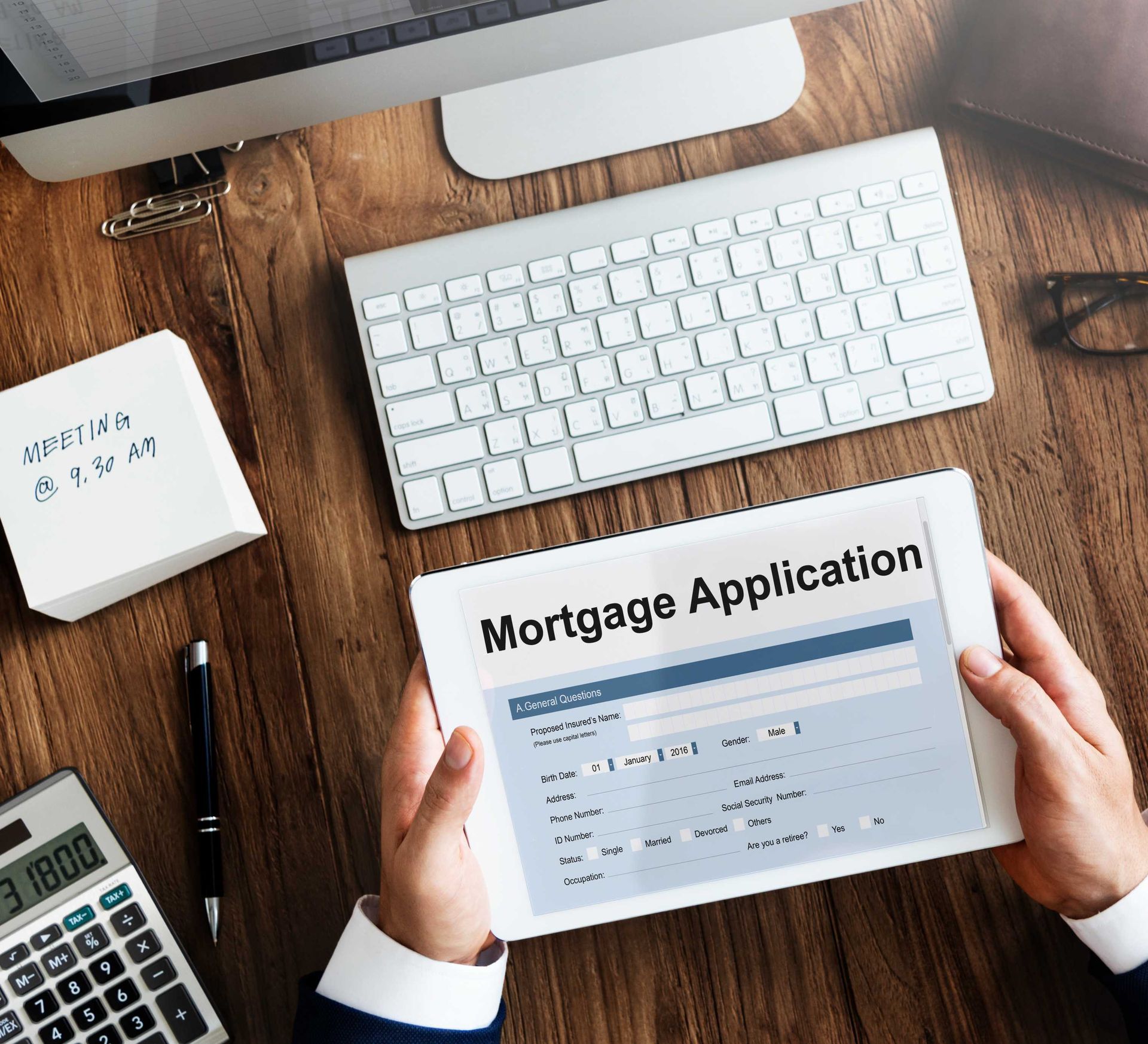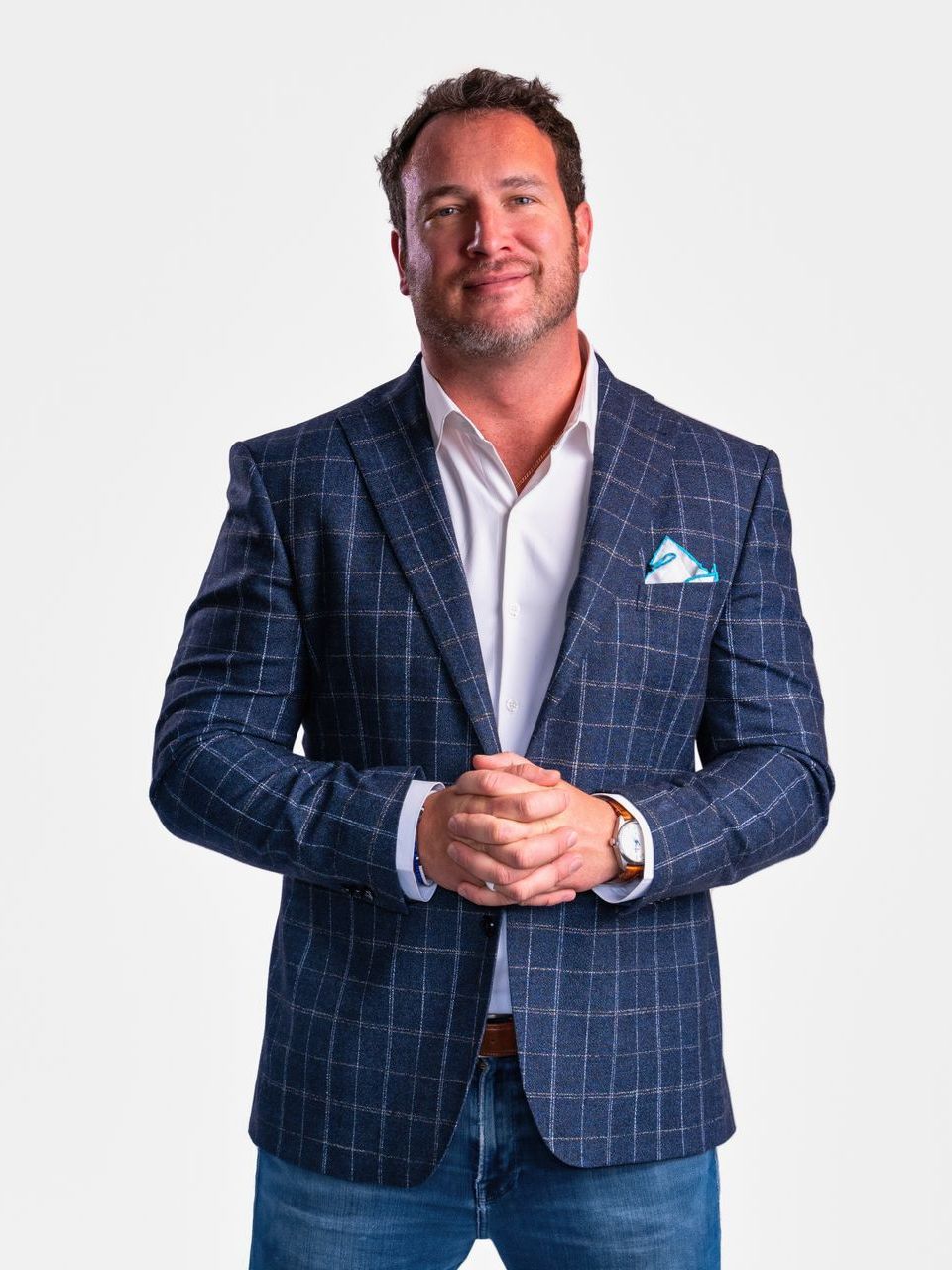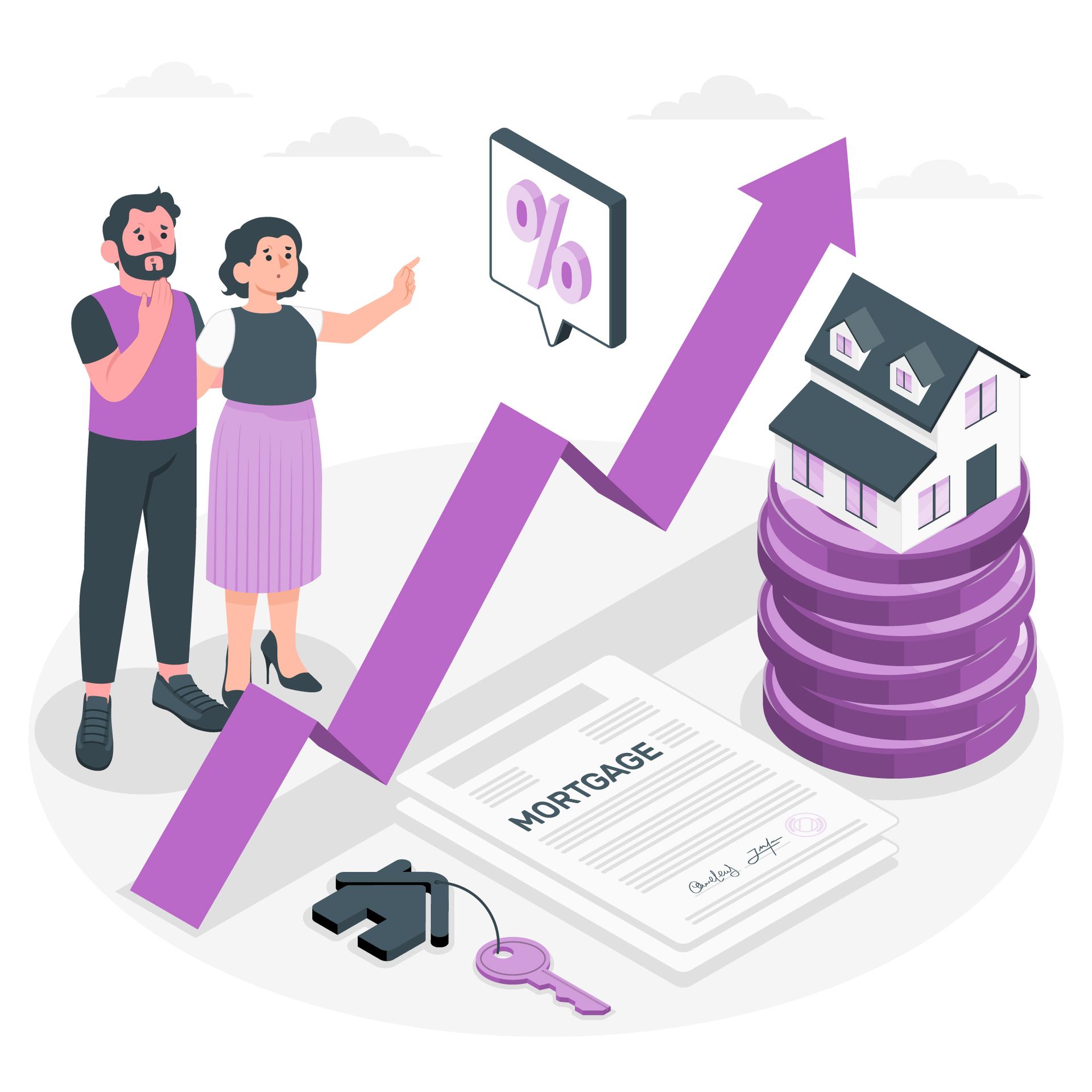How Much To Spend On Home Ownership
james loewen • August 7, 2016
PART 2 OF THE HOME OWNERSHIP SERIES! THE X, Y AND Z’S OF HOW MUCH YOU SHOULD SPEND ON A HOME
Does reading about housing prices, interest rates, housing markets and down payment make your head spin? The Hocanin’s are back with their second post from their Home Ownership series and answering all their questions is our very own James Loewen.
How much of a down payment do I/we need for a home?
The down payment minimum is set at 5%. Recently, this has been amended to be 5% up to a purchase price of $500,000 and then 10% for anything above this. ($0 down mortgages were removed just over a year ago from Canadian Banking institutions).
For example, for a $700,000 home you need $25,000 (5% of $500K) PLUS $20,000 (the remaining $200,000 at 10%) down payment of $45,000.
If you’re purchasing a home over $1Million, minimum down payment is 20% – even if its $1,000,001 – 20% is required. BUT – we do get “creative” with clients that have only 10% down and can provide “private” lending to help our clients get to the 20% to qualify (and saves thousands on the mortgage default premium, often referred to as the “CMHC” premium).
This down payment can come from savings, RRSP’s, TFSA, gifted down payment from family and even borrowed from a line of credit.
If I/we get approved for a mortgage for x amount of dollars, should I/we spend that full amount?
The amount you “can be approved for” and the amount you “can actually afford” can vary greatly!
For example, if you’re receiving bonus income that you might not receive in the future OR if you know you’ll be on a maternity/paternity leave these are all questions to review the influence this could have on your affordability of the new home.
Ensure you’re reviewing both short term AND long term goals with your broker and complete a simple budget. We never want our clients to be “house poor” and everyone should be able to still afford planning for retirement (and the odd steak) while owning a home.
Do I get penalized if I don’t have 20% of a down payment?
You’re technically not “penalized” for having less than 20% – interest rates will still be industry best – however there will be some restrictions and added costs:
1) At less than 20% you will have “default mortgage insurance” added to your mortgage. For more information on what this is, we have our blog here to walk you through the varying providers we have in Canada. Every bank / broker / lender that have a mortgage with less than 20% down must be insured. For our clients with close to 20%, we will review lending them the short fall to save on the CMHC premium.
2) With less than 20%, your mortgage is defined as “high ratio”. This comes with the restriction of a maximum amortization of 25 years. Mortgages with 20% down or higher, are defined as “conventional mortgages” and are allowed to amortize to the maximum of 30 years, which lowers your monthly mortgage payment.
3) The mortgage default premium at 5% down is 3.6% and this is added or “capitalized” to your mortgage. In Ontario, you must pay the PST on this premium. If you’re buying a $450,000 home at 5% down, you’ll have to ensure you have funds for the $1296 PST at closing (Alberta clients do NOT have to pay this premium (those lucky ducks!) so ensure you’re reviewing for your respective province of purchase with your broker) For a full review of the costs of closing on a home including the PST, see our blog here.
What is equity?
Home equity is the difference between the value of your home and the mortgage amount owing. If your home is $500,000 and your mortgage is $300,000, you then have $200,000 of “home equity” in your house! You can of course sell your home to obtain this, or you can refinance to gain access to these funds. Your broker might also have a special on free refinancing as well. This may cover the costs of the appraisal, discharge fees and the legal costs.
What do those Cash for Gold people mean when they say they can give me a second or third mortgage? Should I ever do that?
They are offering you the ability to refinance your existing mortgage to gain equity in your home. If for some reason your credit or income doesn’t qualify to refinance with an “A” lender (such as your existing bank) then we can provide a second or even third mortgage and help you repair your credit. This can be a short term solution with an exit strategy. You’ll want to review with your broker if you can qualify for refinancing for the best rates. If this isn’t available then a second mortgage CAN be a benefit, if it solves a cash flow issue (or if your credit cards are at 19.99% as most are). However, BE CAREFUL with second mortgages. You’ll need to ensure your broker is reviewing all terms, costs and fees associated as not all second mortgage lenders are created equal. Read more on potential situations and examples of when to take a second mortgage.
What is a “housing boom”? Why do homes in Toronto and the GTA cost SO much?
The “housing boom” refers to the rate at which homes have been increasing in GTA (and other major centers such as the Region of Halton, Montreal and Vancouver). A major reason for this boom is the fundamentals of economics. With a constant supply and an increase in demand will thus increase the price. Now we have been increasing the “supply” as we’ve seen condo’s continually being built in Toronto, but we’ve also been increasing the demand by immigration AND by having such low interest rates. Free hold homes (detached, semi detached and row houses) are not being frequently built as lot sizes are more profitable to build a 20 story tower than the four detached homes. With that limited supply of non-condo homes, the demand and price of these have increased astronomically. Also, keep in mind, if you buy a home in Toronto, there is a land transfer tax. This is in addition to the provincial land transfer tax, essentially making this cost double when buying a home in Toronto. For a complete list of cities and to calculate land transfer on your purchase, we have our calculator here.
James, is there any words of advice you’d like to give?
As with any purchase, I have two key pieces of advice: BUDGET and EDUCATE YOURSELF!
Ensure your broker or banker is completing a budget with you, reviewing your short and long term goals and make sure afford your new home. Walk through the closing costs and review options of best STRATEGIES
for your credit. For example, if you have $75,000 for a down payment, it might be best to NOT put the full amount down. Often we’ll find putting down less and using funds to pay off other debts and retain funds for emergencies or even RRSP contributions can be more effective.
Clients come to us wanting to purchase a $500,000 home, they have $75,000 available ($25,000 each in RRSP and $25,000 for down payment). However, they have $20,000 in student loans and $10,000 in credit card debts costing over $650 in payments. Their intention was to put the full $75K for a down payment, but, by reviewing options we determined it was best to decrease the down payment to $30K, pay off the $30K of credit card / student debts which frees up $650 and only resulted in an increased mortgage payment of $150 monthly, a net result of $400,000 and we kept a $15,000 hold back for closing costs, emergency funds/TFSA contribution for this year to earn tax free money.
Thanks James SO much for helping us with this post! The take away is to budget, educate yourself and have a broker/bank that will help you navigate the world of home ownership. Who else do you need on your team? In our next post, we’ll chat about the people who you’ll need during your journey of home ownership; realtors, lawyers, brokers and more.
– Lindsey & Tolga

Top Factors to Consider When Choosing a Mortgage Broker in Canada In Canada, buying a house can be exciting yet daunting, especially when thinking of the best mortgage to choose. One of the best ways to make this process easier is by engaging an experienced mortgage broker in Canada. These are professionals who work by connecting you to lenders so that you can find the best loan option available for you. Their vast knowledge of the mortgage sector enables them to help you get the best offers possible. But how do you go about choosing the right mortgage broker from the many available? Factors to Consider When Choosing Mortgage Brokers: Looking to choose mortgage broker? Here are the factors to consider: 1. Experience and Expertise In terms of mortgage broker factors , choosing a mortgage broker, the first important aspect to examine is their experience. This is because the Canadian mortgage sector is quite multifaceted with many laws, rules, and lender union characteristics. An experienced broker is likely well versed in these intricacies and will provide such advice depending on individual financial capabilities. Ask for how long they have been in the business and how many clients they have successfully assisted. Also, a seasoned mortgage loan officer usually has established relationships with many lenders, which in turn will offer better options for you. Most of the time, even more useful information will be when a mortgage broker works in a particular niche. For example, first time home buyer Burlington or the local property market of Hamilton or Milton would be niches where the expertise will come in handy. Need help to choose the best mortgage broker in Canada? Contact us at Loewen Group to get mortgage broker tips and services. Call (289) 337-4029 or start here . 2. Range of Lenders and Products An adept mortgage brokerage firm must have access to several lenders as well as different mortgage options. It is because mortgage broker in Hamilton are on good terms not only with banks and credit unions but also with private lending firms, so they will definitely help in finding the most suitable loan according to the client’s needs as well as their financial capabilities. Also, it is more likely that favorable terms for the loan and adequate interest rates are available when a broker has contacts with several lenders instead of one or two. Ask the broker what type of lenders they work with. Brokers with a larger network tend to be able to provide more options than those who are limited to a few lenders. Be sure also to ask if they have such product capabilities or that they have worked with certain types of lenders. 3. Reputation and Reviews Research and analyze the feedback on the best mortgage broker in Canada. Look for online appraisals on Google, social networks, and other further sites, as well as testimonies of their previous clients. An ideal mortgage broker will always have great reviews from clients who appreciate the broker’s skill and results. If family members, friends, or coworkers have ever used the services of a specific broker and were pleased with the outcome, do not hesitate to request contacts. It is more likely that a trustworthy and reputable mortgage broker in Hamilton, Milton, or Burlington will provide great service and navigate you through the mortgage process seamlessly. 4. Knowledge of Government Programs and Incentives Canada has many programs designed to help young starters, in particular first-time homebuyers. A good broker would know these plans and help you make use of those available to you. For instance, should you be purchasing in Burlington, Hamilton, or Milton, they may know of local initiatives in Ontario such as the Home Buyers’ Plan HBP or even the First-Time Home Buyer Incentive. Ask the potential brokers if they are aware of the schemes and if they have helped clients to access them in the past. You can save on expenses and eschew difficulties in buying a home by engaging the services of a broker who is knowledgeable about government support programs. 5. Local Market Knowledge Market research at the local level can considerably impact one’s decision on acquiring a property. Be it Burlington, Hamilton, Milton, or any other area, a mortgage broker Milton with extensive experience in the given region will be aware of the community features, range of the properties, and prevailing tendencies that affect the mortgage or home buying schedule. He or she probably has turned into contacts with banks, appraisers, and real estate agents, thus further shortening the time frame. Conclusion A crucial first step in the home-buying process is selecting the appropriate mortgage broker Burlington . You may discover a broker who meets your demands and will strive to get you the best mortgage by taking into account elements like experience, reputation, variety of lenders, customer service, and local knowledge. Taking the time to do your homework and make an informed decision can make all the difference, whether you're a first-time purchaser in Burlington, searching for the finest mortgage broker tips, or considering your alternatives in Milton. A knowledgeable, experienced broker will help you comprehend your alternatives, walk you through the mortgage process, and make sure your mortgage fits your long-term financial objectives.



